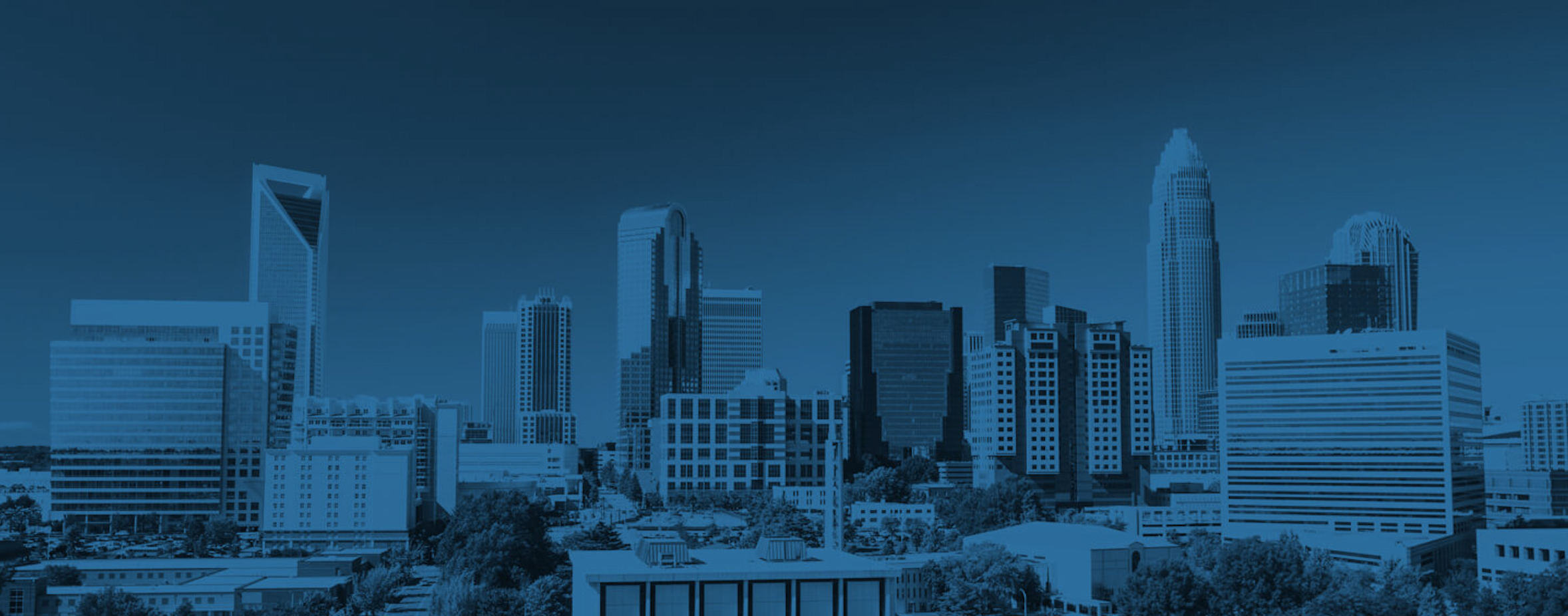What Businesses (including Self Employed Folks) and Nonprofits Should Know About the $2.2 Trillion CARES Act (Coronavirus Aid, Relief, and Economic Security Act)
It has been a brutal couple of weeks for local communities, our state, and our nation. It’s been brutal throughout the globe thanks to the COVID-19 pandemic. As a huge response to the pandemic, Congress just passed (awaiting the President’s signature) the CARES Act (Coronavirus Aid, Relief and Economic Security Act). There’s been a lot discussed in the media about the Act in regards to its effect upon unemployment benefits for the struggling working class and about corporate bailouts to large multinational corporations.
However, there isn’t as much discussed in the media about how the CARES Act applies to nonprofits, small (non-multinational) corporations (and LLCs), and self-employed businesses. Many of our firm’s clients have had to lay good folks off because of this pandemic. Many of our firm’s clients are still holding on, committed to mission (or committed to staff), but fear layoffs, ruined credit and losing everything. I know many of our nonprofit clients are struggling to adapt to the ‘new normal.’ For our clients, just know that there is a lot of that $2.2 trillion dollar package that applies to you. This legal blog will try to demystify the CARES Act for our clients and help you determine what applies and what doesn’t apply (given that everything is moving so fast in the legislative and regulatory arena right now).
The CARES Act’s Paycheck Protection Program can keep wages flowing to you and your workers without referring staff to your state’s unemployment office.
Businesses and non-profits with less than 500 employees, as well as sole proprietors (folks who are making money but haven’t incorporated a legal entity) and other independent contractors, such as single-member LLC are eligible for this expanded Small Business Administration (SBA) 7(a) loan program under Sec. 1102 of the CARES Act.
The amount of 7(a) loan money you’re eligible to receive is equal to the amount of money your business or non-profit would typically spend in a month on payroll. “Payroll” is broadly defined to include:
· wages and commissions for all full-time and part-time employees (wages for high-earning individuals are capped at $100, 000/year),
· the amount of tips typically made by your workers (including cash ones, i.e. restaurants, bars),
· costs of benefits, and of state and local employment taxes, and
· wages you’ve paid to sole proprietors and contractors (similarly capped at $100,000/year),
multiplied by 2.5. There’s a total loan cap of $10 million. If your business is seasonal, they’ll take that into account when calculating your monthly expenses.
What Can your Business or Nonprofit Spend CARES ACT Monies On?
The SBA 7(a) loan money can be spent in many ways intended to keep your staff paid and your business or organization afloat, including:
· payroll and other wages,
· continuation of group health care benefits while any employees you have are out on paid leave,
· insurance premiums,
· mortgage interest,
· rent,
· utilities, and
· interest on any other debt obligations that were incurred before the covered period.
Much of that CARES Act Money You Spend Can be Forgiven (i.e. Free Money)
Forgivable uses for your 7(a) loan include:
· payroll costs,
· mortgage interest,
· rent, and
· utilities.
In other words, those business operations costs which you spend to keep your business functioning through the pandemic are forgivable expenditures. As in, you use this CARES money to save your business and then you don’t have to pay it back. This is Uncle Sam’s way of putting free money into your pocket so you can keep staff employed. Staff can who were let go can be brought back on payroll while you keep your business or non-profit on life support until we get through the pandemic.
This Sounds Good and Necessary for My Business or Nonprofit. What now?
Let me be frank. $2.2 trillion dollars is an unprecedented amount of money being released by the federal government by enacting the CARES Act. The whole point of this money is to keep the workers and owners of small businesses and non-profit organizations surviving through this pandemic. The money is there, you should try to get it.
If you have questions about the Paycheck Protection Program or the SBA 7(a) loans more broadly, reach out to your favorite financial institution and they can keep you in the loop as they get up to speed. Lots of them are already approved SBA 7(a) lenders and more will be added to the list over the coming weeks.
As you move toward applying for loans or benefits, watch out for scammers. You should never be charged a fee for accessing the SBA applications, for IRS forms, or for filing for benefits. Also, while much of CARES Act money is forgivable, it is still a loan agreement that should be reviewed with counsel.
__________________________________________________________________________________________________________________________________________________________
Rocky M. Cabagnot
Hull & Chandler, P.A.
1001 Morehead Square Drive, Suite 450
704-375-8488
rcabagnot@lawyercarolina.com
